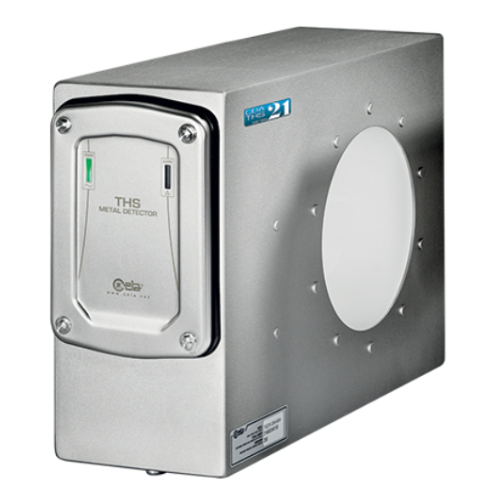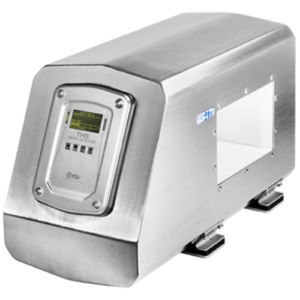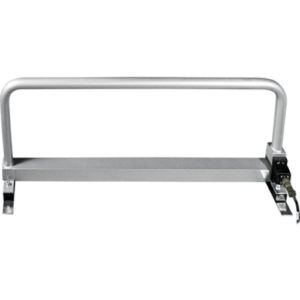| Brand | |
|---|---|
| Customer Application |
Food Screening |
| Customer Type |
Army ,Commercial ,Government Entities ,Industrial ,Jail / Prison ,Law Enforcement ,Medical ,Navy / Coastal Protection ,Oil & Gas ,Private Entities ,Security Firms ,Space & Research |
THS/G21ET
- High sensitivity to all magnetic and non-magnetic metals, including stainless steel
- Multi-frequency Technology for maximum sensitivity on multiple product lines (3F version)
- High immunity to environmental interference
- AISI 316L stainless steel construction to IP65 protection level
- Control Panels listed according to UL 508A and CSA-C22.2 No. 14-05 (on request)
- Automatic learning & tracking of product effect
- 250 product data memories, selectable by local programming or network software
- 1000 storable events
- Local programming: 4 keys, 3 with double function
- Superior detection capability of magnetic, non-magnetic and stainless steel metal contaminants
- Extremely high adaptability to any product to be inspected
- FDA 21 CFR part 11 compliant: Data Security; Data Integrity; Data Traceability
- Rugged AISI 316L stainless steel construction and food-compatible plastic parts (EU, FDA compliant)
- Washdown construction
The THS/G21ET series is designed to inspect powders, granules and other loose materials transported in free-fall through tubes and pipelines. When fitted with a deflector, the THS/G21ET becomes a system that detects and removes any contaminating metals, both magnetic and non-magnetic. Alternatively, when mounted on a packaging machine, the THS/G21ET system is able to send a command to produce a double bag around the contaminated product. This can later be identified and removed from the production cycle automatically. Digital analysis of the signal provided by the antenna allows extremely high levels of sensitivity, immunity to interference and operational stability to be achieved. The very high detection speed of the THS/G21ET allows the contaminated portion of product to be removed without slowing down the production flow. The system is designed to communicate with external control systems, either connected directly or via a communications network.
FDA 21 Part 11 compliant : The THS/21ET Metal Detector Series is a high-sensitivity, high-precision measuring instrument. The data relating to each detection and ejection are stored in an events memory and certify production quality, the inspection itself and programming operations, as well as the periodic functional test phases using standard test samples. FDA Code Title 21 Part 11 prescribes rigorous criteria for access to programming and computer data protection which have been fully adopted in the THS/21ET Series firmware. The requirements regarding Security, Integrity and Traceability are therefore satisfied.
Exclusive auto-learn system : The THS/21ET Series employs an exclusive Auto-Learn system for food products which provides simultaneous maximum sensitivity to all metals starting from a single learning transit. The system allows optimization of the detection sensitivity to all metals with the maximum speed and precision, equivalent to hundreds of conventional learning transits: these results in high levels of precision and efficiency.
Real-time embedded self-calibration control : The Self-Calibration control allows maximum repeatability and performance consistency over time and with environmental changes. By means of specific signals sent to the transmission and reception chain of the Metal Detector, constant monitoring of the detection characteristics is carried out, with consequent constant compensation for any variations caused by environmental factors. The result is system stability and consistency in detection performance and product effect neutralization.
Automatic verification of the installation quality and environmental compatibility : THS/21ET Series introduces new tools for the installation and maintenance technicians which allow them to measure the environmental compatibility of the Metal Detector. The measurements include general mechanical and electromagnetic environmental compatibility, specific electromagnetic compatibility and the automatic examination of the degree of metal interference from the conveyor belt. This latter function becomes even more important when the high level of sensitivity of the THS/21ET Metal Detector Series is taken into consideration.
Increases in productivity and cost savings
- Reduced product waste
- Fewer operator interventions
- Fewer product acquisition procedures
- Reduction in line stoppages
- No periodic calibration
Key features
- Industrial rate design
- Easy to read, high-contrast graphic display
- Rugged, antivandalic stainless steel keyboard
- Large Product Memory: 250 entries with easy alphabetical sorting and pattern matching
THS PRODUCTION 4.0 : The THS Production 4.0 software provides acquisition and report capability for THS 21 Metal Detection Systems.
Smart factory
- CEIA-ERP API interface for communication to the factory management software (Microsoft Dynamics NAV, SAP, ORACLE ERP)
- OPC-UA protocol API for Metal Detector Monitor and Control
- Connection to an External Database and Definition of a Programmable Block of SQL Instructions for each Metal Detector Event
- Compatible with standard SCADA Systems
- E-mail sender for Metal Detector events
- Integrated Web-Server Appliance for real-time monitoring for HMI and touch panel
Predictive maintenance
- Data Inspector Tool for signal and production analysis (enhanced option)
- Early Metal Explosion identification
THS PRODUCTION 4.0 highlights
- Connects and Acquires Data from Multiple THS Detectors via wired or wireless LAN (requires IXC module)
- Enables Data Base Management and Back-Up of Metal Detector events
- Report Data Exportable in HTML, CSV and PDF formats
- Provides User Authentication and Manages Electronic Signatures and Records
- Allows Data Integrity and Operator Auditing
- FDA Requirements Compliant, Title 21 of the Code of Federal Regulations (CFR)
- High performance 64-bit database that handles more than 500 millions events
Network communication : The Metal Detector can be linked to an Ethernet network (optional IXC module required). In association with the THS Production Plus Software it enables remote management of production, collection of all technical and operational events, generation of statistical and traceability reports in compliance with FDA 21 CFR part 11 requirements.
MD-SCOPE
Software Diagnostic Package complete with connecting cable and hardware key:
- Remote programming
- Input/Output signals
- Detected and alarm signals
- Oscilloscope functionalities
BT connectivity : In the THS/21 Series, local connection to the maintenance technician’s computer no longer requires physical access to the interior of the detector or the use of unwieldy connection cables. The BT connection can be used for programming, monitoring of the signals via the CEIA MD-Scope program and the transfer of the data contained in the Metal Detector’s events memory.
AUTOTEST and AUTO-QC™ TEST functions : Industrial Metal Detectors for food application are usually equipped with basic diagnostic functions based on their emitter/receiver signals monitoring. This type of diagnosis is not able to detect aging as well as thermal drift and other sources of minor deviations. Any of the above may result on a sensitivity reduction that could lead to non-detection of metal contamination.
THS/21ET metal detectors are natively equipped with an advanced AUTOTEST function ensuring the following features:
- Continuous background real-time monitoring and stabilization of the amplitude and phase response for each working frequency
- Continuous compensation of environmental and age-related changes
- Immediate alerting in case of permanent out of standard conditions
In addition to the AUTOTEST function, THS/21ET and THS/ET-3F detectors can be programmed so that periodic verifications of the calibration are carried out automatically. This feature is called AUTO-QC™ TEST.
- The AUTO-QC TEST allows the manual verification of calibration by the operator to be reduced or eliminated
- The METAL DETECTOR provides a programmable output that can be connected to the conveyor line stop during the AUTO-QC test to avoid product ejection and waste during automatic test
- CEIA AUTO-QC TEST provides an effective calibration check along with a programmable 0 ÷ 100 % reduction of the manual verifications, resulting in a corresponding reduction of: Labour cost; Accidental product contamination; Product waste


